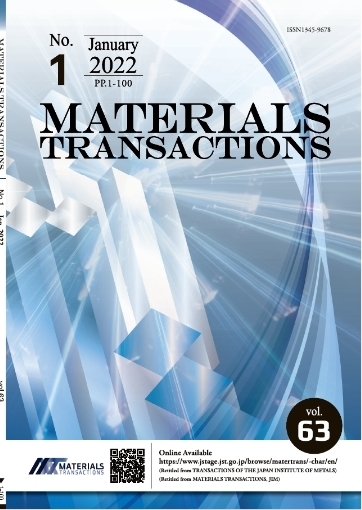Structural and Thermodynamic Properties of Perovskite-Type Superconductor ZnNNi3 by First-Principles Calculations
Xiaofeng Li, Weiying Zhang, Junyi Du
pp. 1717-1721
Abstract
The structural and thermodynamic properties of the non-oxide superconductor ZnNNi3 are investigated by using ab initio plane-wave pseudo potential density functional theory method within the generalized gradient approximation (GGA). The calculated lattice constants, the bulk modulus and its pressure derivative, and elastic constants of ZnNNi3 at zero temperature and pressure are in good agreement with the available theoretical and experimental data. The thermodynamic properties of ZnNNi3 are predicted by using the quasi-harmonic Debye model. The pressure-volume-temperature (P-V-T) relationship, the bulk modulus B0 and bulk modulus B, the variations of the thermal expansion coefficient α and the heat capacity CV, CP with pressure P and temperature T, as well as the Grüneisen parameter-pressure-temperature γ (γ-P-T) relationships are obtained systematically in the ranges of 0–70 GPa and 0–1000 K.
Readers Who Read This Article Also Read
MATERIALS TRANSACTIONS Vol.52(2011), No.5
MATERIALS TRANSACTIONS Vol.52(2011), No.5
MATERIALS TRANSACTIONS Vol.52(2011), No.6










